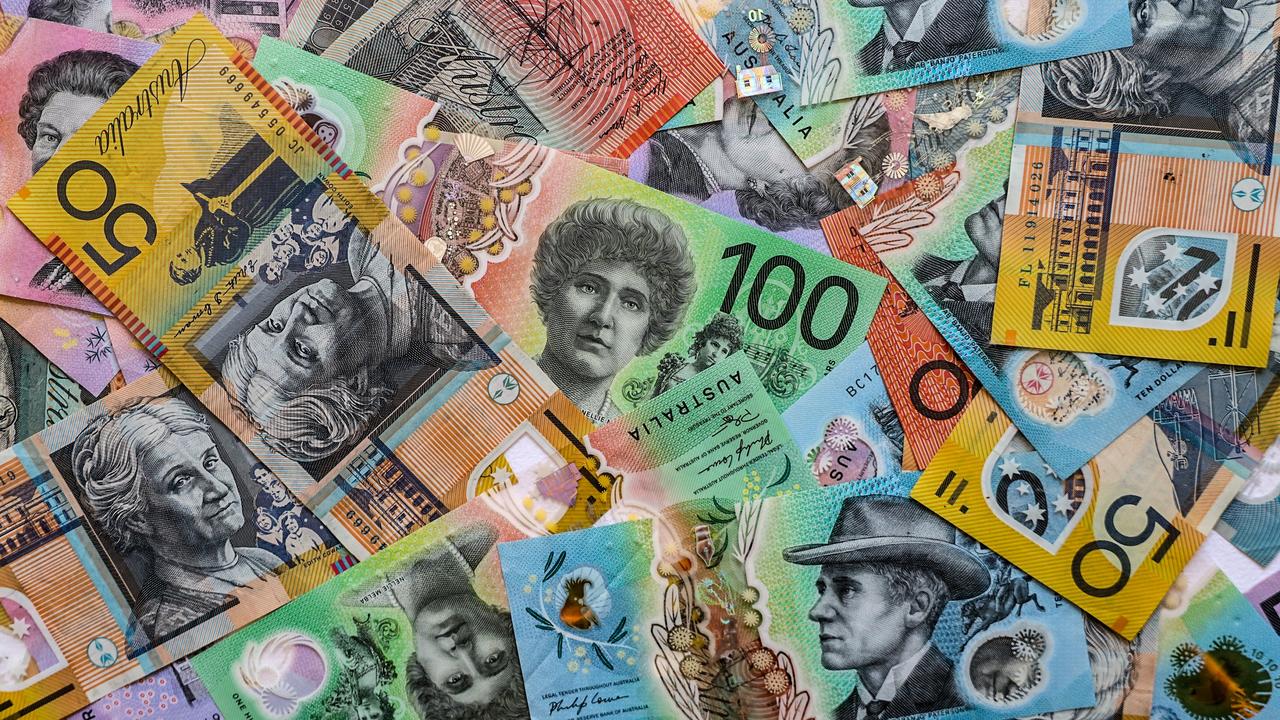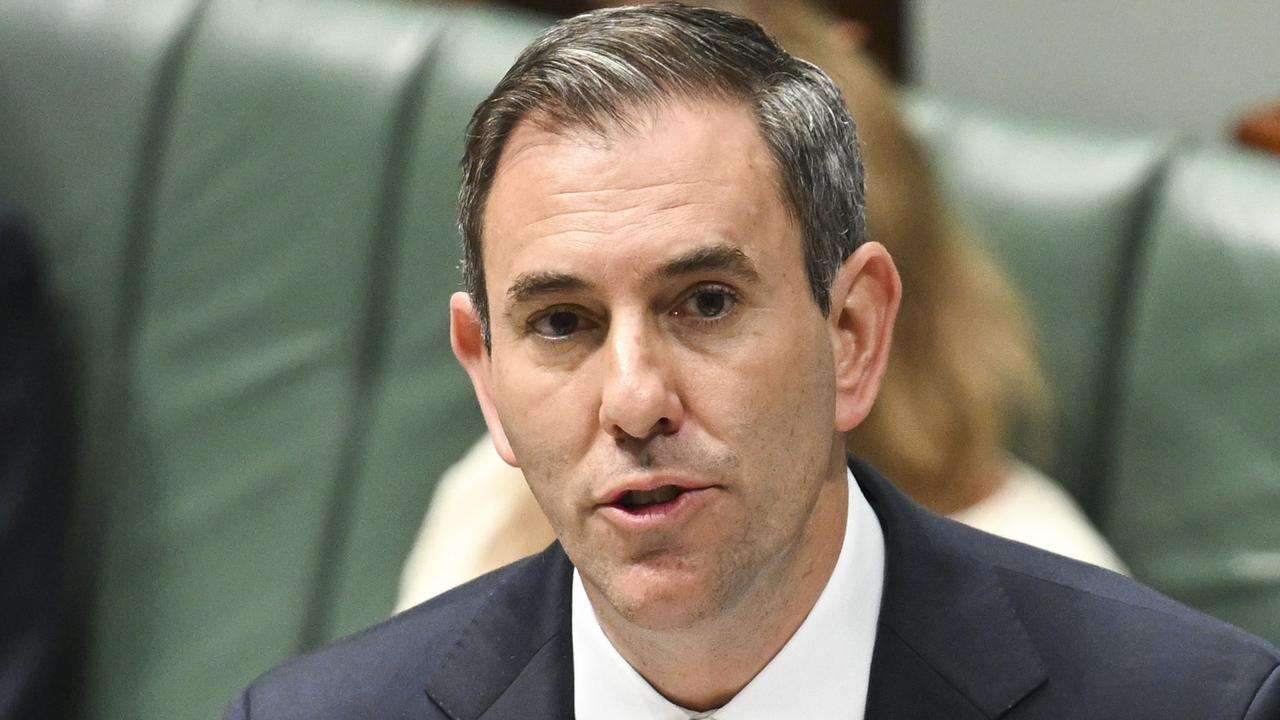No pay rise recently? Why that will cost you twice
NOT getting a pay rise isn’t just bad for you, it’s bad for Australia. Here’s why we should all be hitting up our bosses for more money.
AUSTRALIAN workers are in a bad patch. Wages growth is dreadful. And even though employment is edging up, it’s not rising as fast as population growth. That leaves a growing wedge of people unemployed.
Underemployment is also at frightening levels as people are more and more forced into part time jobs.
The tough labour market is hard on all of us. Home brand in the pantry, car needs a service, bills keep coming in. Spending Friday nights at home wondering if you should turn a few lights off to cut the electricity bill.
But it gets worse.
This May the Budget comes out, and it will be stuffed full of unexpected revenue because iron ore prices have been far higher than the government forecast. They expected $US55 a tonne but mining companies have been paid up to nearly $US90 a tonne in the last few months. That boosts their profits and so raises government revenues. A few dollars here or there on the iron ore price can be worth billions to the government.
If you’ve been keeping an eye on iron ore prices you might be thinking there is enough money to build a few more roads or hospitals, or maybe to give us a little sweetener in the shape of an income tax cut.
LOW WAGE WOE
But Australia’s low wages are going to blow a hole in the Budget. Every time an Aussie loses their job, that’s a little bit less income tax that goes to the government. And every time pay rises by less than inflation, government coffers look emptier than expected.
In the last Budget, the government predicted unemployment of 5.5 per cent in 2016-17. It didn’t get that low, bottoming out at 5.7 per cent and is now 5.9 per cent.
The last Budget also predicted the wage price index to grow at 2.5 per cent. On the data we have so far, that forecast was too high too.
The result of high iron ore price but low wages is a wash, according to ANZ economist Cherelle Murphy.
“When you put all this together it is hard to see any upside or downside surprises from what they last thought the economy would look like,” she says. “We are still in a position of having fairly large Budget deficits.”
All that iron ore money is flooding in, but it doesn’t generate a net upside in the Budget because wages growth is so weak. And that is bad news for all of us, but especially for a certain someone.
THE UNFORTUNATE MR TURNBULL
The upcoming Budget is the first since the election. Normally such a Budget is full of tough stuff, hard choices that really whip the country into shape long before the next election.
But Prime Minister Malcolm Turnbull doesn’t have that luxury. He can’t risk making tough decisions and going through a period of unpopularity. He needs to keep his poll numbers up.
On the day he rolled Tony Abbott, Malcolm Turnbull said the loss of 30 consecutive Newspolls was a reason for Mr Abbott to lose his job. Normally, politicians don’t like to mention the polls. But the Turnbull Prime Ministership has had polls as its reason for being, since the start. Monday’s Newspoll results show that while Mr Turnbull is pulling back some ground, the Coalition has now lost 11 two-party preferred Newspolls in a row. From the rumours in the press, it seems his leadership is fragile.
If he delivers a tough budget and his popularity falters, he could be out of the PM’s office soon afterwards.
On the other hand, if he delivers a friendly budget full of baby bonuses and other cash handouts, any chance of returning to surplus evaporates. The ratings agencies won’t like that, and Australia’s triple-A rating might slip away. That would be a black mark against the Turnbull name.
WHAT’S THE POINT OF EXPORTING ALL THAT IRON ORE ANYWAY?
The fact we can have huge resources revenue and low wages does make one wonder. What is the point of a booming resources sector, if it leaves the wellbeing of so many Australians untouched?
A boom in an industry with not many jobs in it - like mining - is not nearly as useful as a boom in a job-rich industry (like the construction phase of the mining boom.). In fact, if exporting high volumes of iron ore causes the dollar to rise, it can make other jobs more vulnerable.
The good news is that the iron ore price is receding, and as it does, the Aussie dollar should fall. That might be exactly what we need to boost exports from industries that actually employ a lot of Australians. And it might eventually cause pay packets to rise again.
Jason Murphy is an economist. He publishes the blog Thomas The Thinkengine. Follow Jason on Twitter @Jasemurphy




